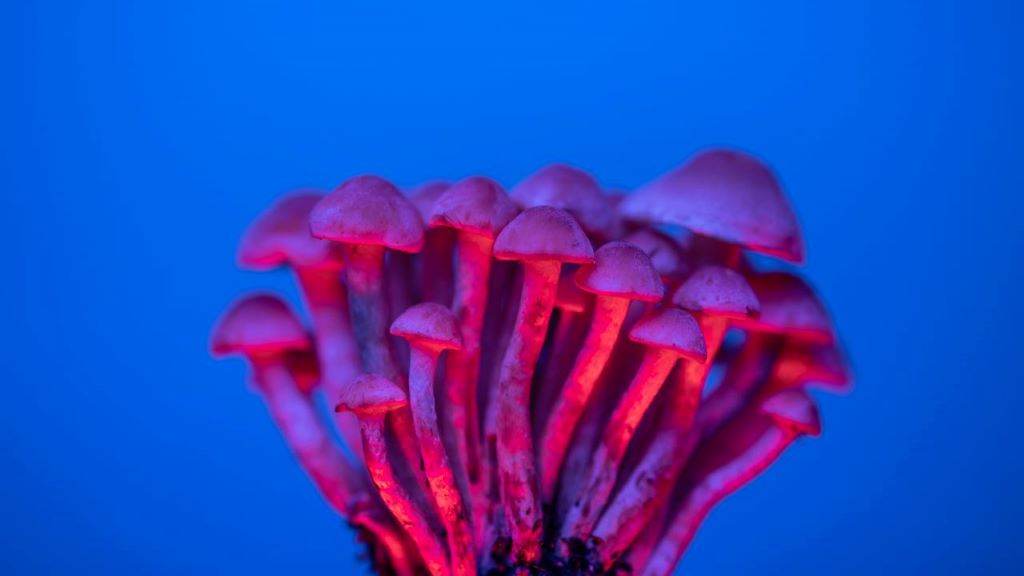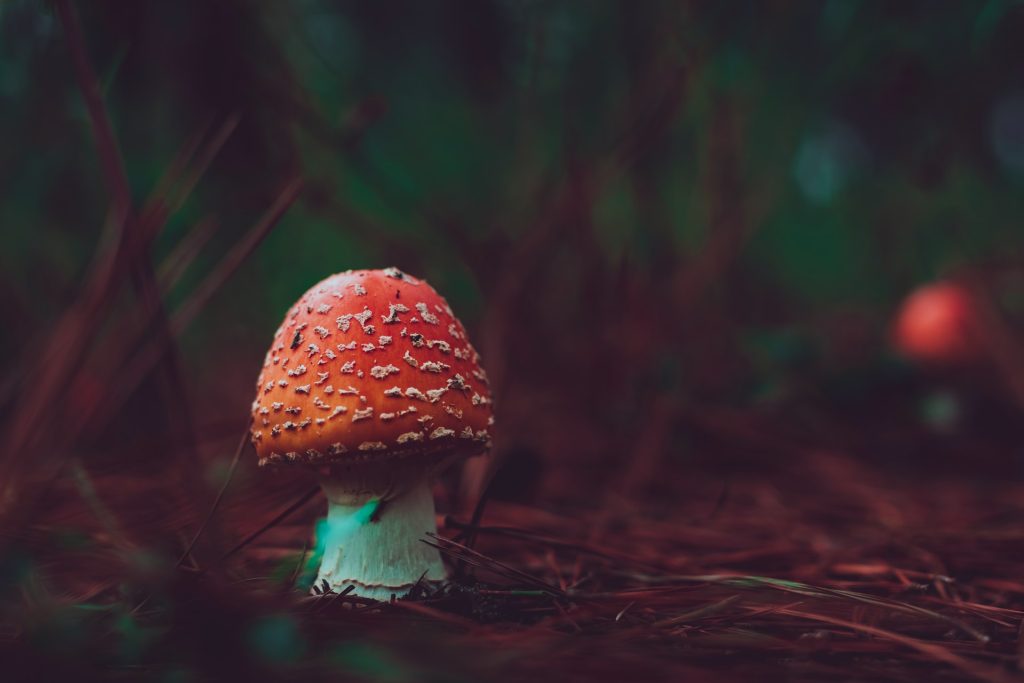Psilocybin Byproduct Delays Aging and Extends Lifespan, New Study Suggests

As revenues from the anti-aging market – riddled with hope and thousands of supplements – surged past $500 million last year, Emory University researchers identified a compound that actively delays aging in cells and organisms.
A newly published study in Nature Partner Journals’ Aging demonstrates that psilocin, a byproduct of consuming psilocybin, the active ingredient in psychedelic mushrooms, extended the cellular lifespan of human skin and lung cells by more than 50%.
In parallel, researchers also conducted the first long-term in vivo study evaluating the systemic effects of psilocybin in aged mice of 19 months, or the equivalent of 60–65 human years. Results indicated that the mice that received an initial low dose of psilocybin of 5mg/kg, followed by a monthly high dose of 15mg/kg for 10 months, had a 30% increase in survival compared to controls. These mice also displayed healthier physical features, such as improved fur quality, fewer white hairs and hair regrowth.
While traditionally researched for its mental health benefits, this study suggests that psilocybin impacts multiple hallmarks of aging by reducing oxidative stress, improving DNA repair responses, and preserving telomere length. Telomeres are the structured ends of a chromosome, protecting it from damage that could lead to the formation of age-related diseases, such as cancer, neurodegeneration or cardiovascular disease. These foundational processes influence human aging and the onset of these chronic diseases.
The study concludes that psilocybin may have the potential to revolutionize anti-aging therapies and could be an impactful intervention in an aging population.
“Most cells in the body express serotonin receptors, and this study opens a new frontier for how psilocybin could influence systemic aging processes, particularly when administered later in life,” says Louise Hecker, PhD, senior author on the study, and former associate professor at Emory, where the research was initiated and funded.
While much of what researchers know about psilocybin relates to the brain, few studies have examined its systemic impacts. Many people associate psilocybin with the hallucinogenic impacts, but the majority of the cells in the body express serotonin receptors.
“Our study opens new questions about what long-term treatments can do. Additionally, even when the intervention is initiated late in life in mice, it still leads to improved survival, which is clinically relevant in healthy aging,” adds Hecker, currently an associate professor at Baylor College of Medicine.
Not just a longer life, but a healthier life
“This study provides strong preclinical evidence that psilocybin may contribute to healthier aging – not just a longer lifespan, but a better quality of life in later years,” says Ali John Zarrabi, MD, director of psychedelic research at Emory’s Department of Psychiatry. “As a palliative care physician-scientist, one of my biggest concerns is prolonging life at the cost of dignity and function. But these mice weren’t just surviving longer – they experienced better aging,” adds Zarrabi, co-investigator of the study.
Zarrabi emphasises the importance of further research in older adults, as well as the well-documented overlap between physical and mental health.
“Emory is actively involved in Phase II and III clinical trials of psilocybin-assisted therapy for depression, and these results suggest we also need to understand psilocybin’s systemic effects in aging populations,” says Zarrabi. “My hope is also that if psilocybin-assisted therapy is approved as an intervention for depression by the FDA in 2027, then having a better quality of life would also translate into a longer, healthier life.”
Source: Emory Health Sciences


